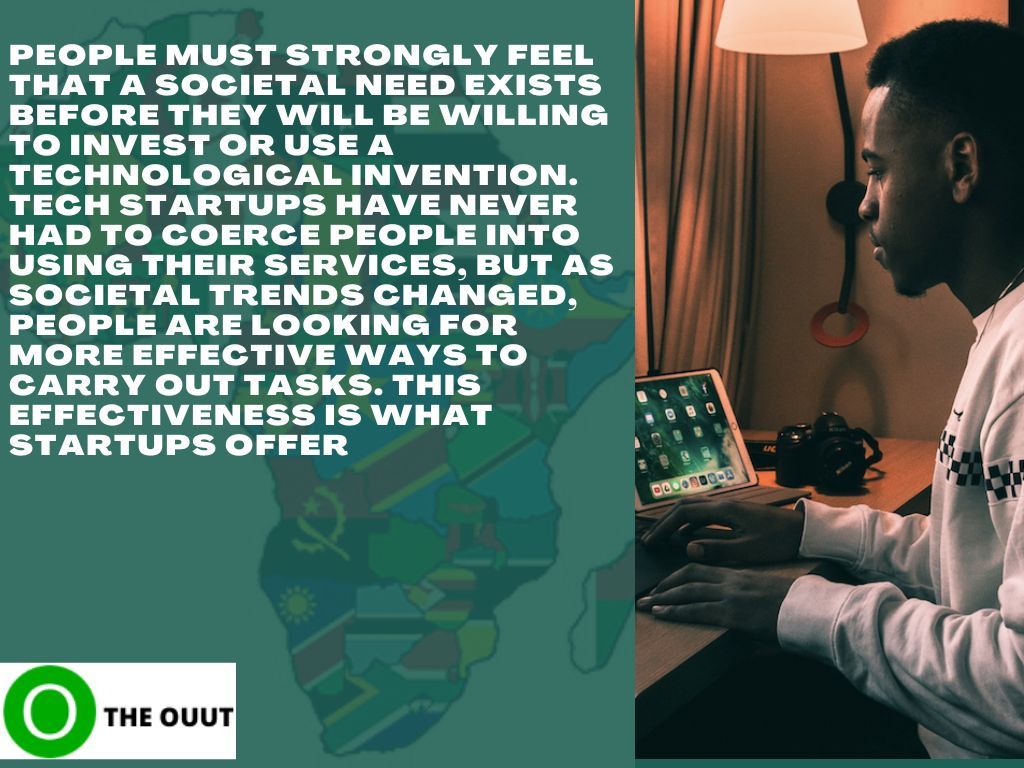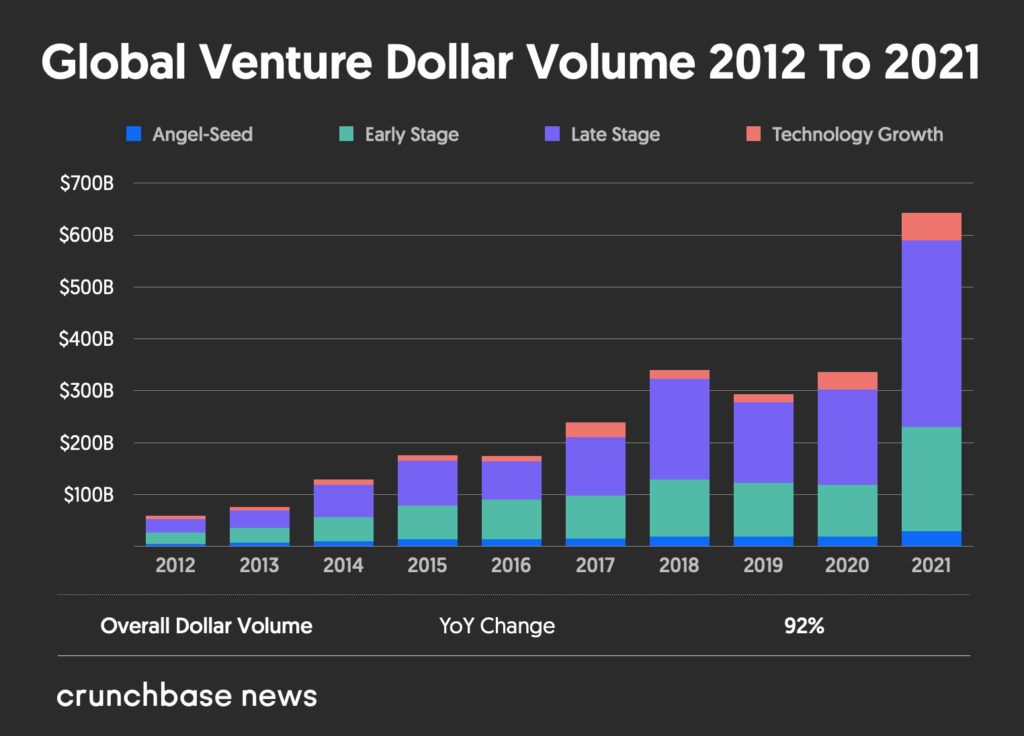A Changed Narrative: How Social Processes Commonized Startup Growth among African Startups

Africans were unfamiliar with the idea of startups decades ago. The people would readily adhere to a set system to offer clients services or goods, following traditional patterns. But that is not the case anymore as African startups have disrupted the old ways and bringing about a systemic improvement in service delivery. According to definition, a startup business is an entrepreneurial effort; often a recently established company that seeks to offer a cutting-edge good, procedure, or service to the market and intends to grow.
Africa has the potential to overtake Silicon Valley as a startup superpower in the technology industry, despite the fact that it is now underperforming in the global competition to develop technology. Africa is the most entrepreneurial continent, with the fastest-growing fintech ecosystem, and it is home to more than half of the world’s mobile money users. 22% of people of working age owned their own enterprises prior to the pandemic.
Africa could raise from its current $4.9 billion in startup capital to more than $90 billion by 2030. Governments must take decisive action to solve the issues affecting the funding of tech startups in order to do this. The current socioeconomic environment poses social difficulties along with economic opportunities; discourages funding but has also attracted investors.
The past ten years have seen the rise of startup entrepreneurs in the region with funding interests from North American, European, and Asian investors. Without first taking into account the interaction between technology and the larger social process, it is impossible to comprehend the narrative of the current stage of Africa’s technological history. The connection between the two is pretty clear.
Social-Driven Advancement for African Startups
It is believed that technology can bring value to that leads to social change. However, social structure and behaviour of Africans has influenced the tech ecosystem of the region more than the tech ecosystem has influenced Africans.
A tightly condensed history of technology must follow a strict methodological framework. According to the overall social conditions of the era, a standard way of service delivery has been adopted within each stage of the society. Understanding this connection is crucial when examining how technology has evolved across different civilizations.
People must strongly feel that a societal need exists before they will be willing to invest in a technological invention. Tech startups have helped the African continent experience unrestricted economic growth, gaining speed and establishing Africa as a prominent market player. As opposed to continuing with the initial trends, people are turning more and more to digital adoptions. We see tech startups playing the disruptive roles in almost every macroeconomic sector in Africa from manufacturing and financial services to retail and hospitality.
Tech startups have never had to coerce people into using their services since societal trends have changed and people are looking for more effective ways to carry out tasks. This is what African startups provide.
A supportive social ideology means a welcoming setting where the main social groupings are willing to take innovation seriously. Such sensitivity might only apply to certain innovation-related domains, such advancements in financial and social inclusion. Therefore, social circumstances are crucial for the creation of new procedures.
Covering more Grounds
A recent research from the Tony Blair Institute for Global Change projects that in eight years Africa would receive more than $90 billion in startup capital for the technology sector. As predictions go, this is not unfounded given that the continent has been at the forefront of effectively avoiding the transition from landlines to mobile phones by employing technology to further traditional growth paths.
African businesses are already booming, having raised over $3 billion by 2022. According to the current trend, the African tech ecosystem is predicted to reach that milestone, possibly before 2030, all things being equal.

Well, it would be simple to believe that the continent is holding its position financially in light of the total investments made in African tech firms in 2021 and so far in 2022. Even though it is a hopeful view, Africa still has a long way to go.
According to a Crunchbase analysis, $643 billion was invested globally in venture capital in 2021. According to data that breaks down venture capital by continent, Latin American businesses outperformed themselves by receiving close to $19.6 billion in funding. With $330 billion invested (of which $311 billion went to American entrepreneurs alone), North America continued to lead the way in terms of funding, while European tech startups brought in about $116 billion. Africa received about $5.2 billion of the $165 billion in investment from Asia.
One can try to minimize the scope of Africa’s accomplishment after considering the aforementioned. But it shouldn’t be the case. There’s a change in narrative as regards tech and startups in Africa, and Africans are the ones leading this change.
